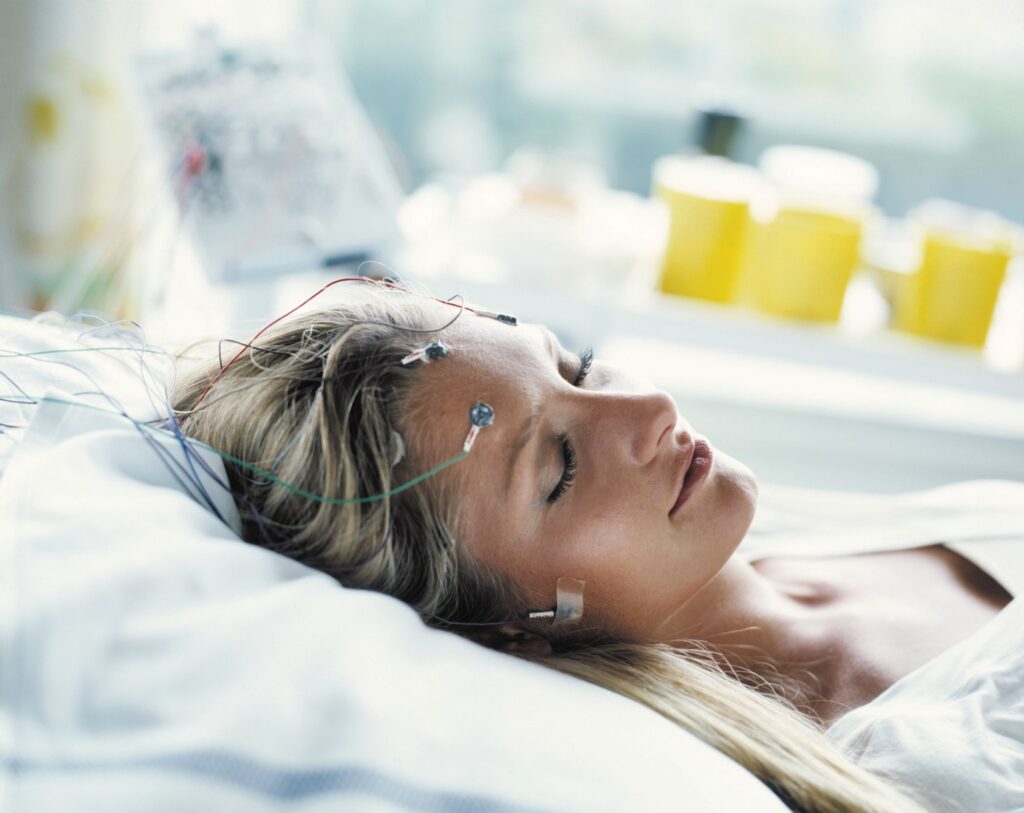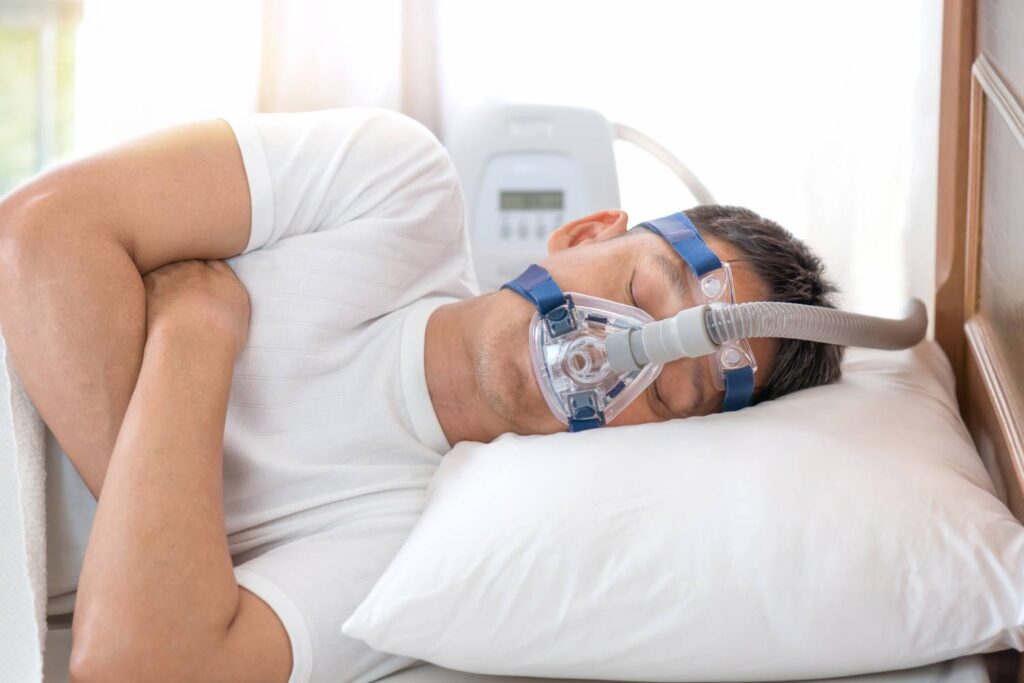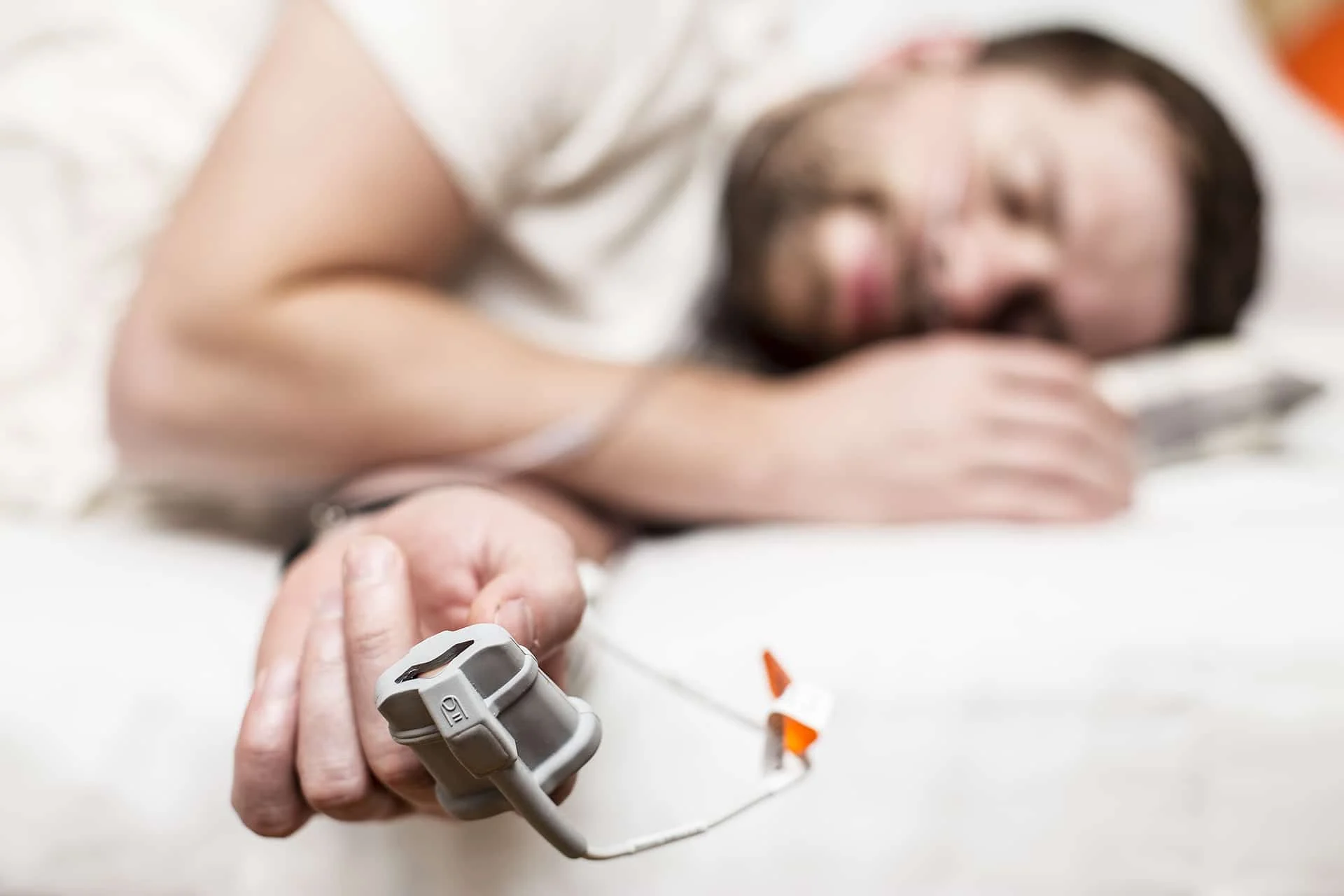The importance of sleep for overall health
Sleep is a vital component of our overall health and well-being. It’s during sleep that our bodies perform essential functions such as repairing tissues, regulating hormones, and consolidating memories. Yet, in our fast-paced modern lives, many of us overlook the significance of a good night’s sleep.
When it comes to physical health, sleep plays a crucial role in various bodily functions. Adequate sleep can improve our immune system, reduce the risk of chronic conditions such as heart disease and diabetes, and even help maintain a healthy weight. Without sufficient sleep, our bodies struggle to operate at their best.
The role of sleep in physical health
Physical health is highly interconnected with sleep quality. Studies have shown that individuals who consistently sleep seven to nine hours per night tend to have better physical health outcomes. This includes improved cardiovascular health, better metabolic regulation, and enhanced athletic performance. Lack of sleep, conversely, is associated with increased inflammation and a higher risk of certain diseases.
A sleep study, also known as polysomnography, is a comprehensive test used to diagnose sleep disorders. It records various signals while you sleep, providing healthcare professionals with a detailed overview of your sleep patterns.
The impact of sleep on mental well-being
Sleep is equally important for our mental well-being. A regular sleep schedule helps regulate our mood and emotional stability. Inadequate sleep can lead to anxiety, irritability, and even depression. When we sleep, our brains process information from the day, helping us manage stress and maintain cognitive function.
Furthermore, sleep deprivation can impair our ability to concentrate, make decisions, and respond to daily challenges. Those who struggle with sleep often find themselves in a downward spiral, where lack of sleep aggravates their mental health, leading to even poorer sleep.

What is a sleep study?
This thorough assessment is essential for identifying sleep disorders such as sleep apnea, insomnia, or restless leg syndrome. By understanding these patterns, doctors can develop tailored treatment plans to improve your sleep quality and overall health.
The purpose of a sleep study
The primary purpose of a sleep study is to monitor and analyse your sleep stages and cycles. By tracking brain waves, oxygen levels, heart rate, and other physiological parameters, healthcare professionals can determine the reasons behind your sleep issues.
Read about sleep study Sydney at: Home Sleep Study Sydney
Different types of sleep studies
There are various types of sleep studies, including in-laboratory polysomnography and home sleep testing. An in-laboratory study is conducted in a sleep clinic while a sleep technician monitors you throughout the night. Home sleep testing allows patients to conduct simpler assessments in the comfort of their own homes. Depending on your symptoms and the practitioner’s recommendations, one method may be more suitable than the other.
Preparing for a sleep study
Preparation is key when it comes to ensuring your sleep study goes smoothly. Being aware of what to expect can help reduce anxiety and set the stage for accurate results.
What to bring to a sleep study
When preparing for a sleep study, it’s helpful to bring items that will make you feel comfortable. Don’t forget to pack your pyjamas, personal toiletries, and any items that fit your bedtime routine, such as a favourite book or pillow.
If you use any medications, ensure that you bring those along too. It’s important to provide your healthcare provider with a list of all medications you are taking, as some may affect your sleep quality or the test results. Read more about medications at https://www.cancer.gov/publications/dictionaries/cancer-terms/def/medication
Dietary and lifestyle considerations before a sleep study
Leading up to your sleep study, consider your dietary and lifestyle habits. Avoid caffeine and nicotine on the day of the study, as these can disrupt your sleep patterns. It’s also advisable to refrain from alcohol, which can impact the quality of your sleep.
Finally, maintaining a consistent sleep schedule in the days leading up to the study can help provide more accurate results. Try to stick to your normal bedtime routine to ensure you feel as comfortable as possible on the night of the study.
What happens during a sleep study?
Understanding what will happen during your sleep study can ease some of the apprehension that may come with the process. Knowing the key steps involved can help you prepare mentally for the experience.
The process of a sleep study
Upon arrival at the sleep centre, you’ll likely be greeted by a sleep technologist who will explain the process. You will then be taken to a private room where you can change into your sleepwear. Once you’re settled in, small sensors will be placed on your scalp, face, and chest to monitor your brainwaves, breathing, and heart activity. Click here to find more about sensors.
Once everything is in place, you’ll be encouraged to relax, and the technologist will leave the room. You can expect to sleep as you normally would, and the monitoring equipment will track your sleep throughout the night.

Understanding the equipment used in a sleep study
The equipment used during a sleep study may seem intimidating, but it is designed to be non-intrusive. Electrode sensors are placed on your scalp to monitor brain waves, while other sensors will track your heart rate and oxygen levels. A belt will typically be placed around your chest to monitor your breathing movements. While you may feel slightly restricted, your comfort is important, and technicians are there to assist you throughout the night.
Interpreting the results of a sleep study
After your sleep study, the results will be analysed by a sleep specialist. Understanding these results is crucial, as they can provide insight into your sleep quality and overall health.
What your sleep study results mean
Your sleep study results will usually include various metrics, such as the different stages of sleep you experienced, any episodes of interrupted breathing, and how long it took you to fall asleep. These results can help indicate whether you have a sleep disorder and, if so, its severity.
Next steps after a sleep study
Once the results are in, your healthcare provider will discuss the findings with you. Based on the outcomes, they may recommend further tests, lifestyle changes, or specific treatments, such as a continuous positive airway pressure (CPAP) machine for those with sleep apnea. Whatever the next steps, being informed and proactive about your sleep health can lead to significant improvements in your quality of life.

